Hezbollah warns of US attempts to push Lebanon to normalize ties with Israel
The Hezbollah resistance movement has warned Lebanese authorities of Washington’s attempts to woo Beirut into establishment of formal diplomatic relations with Israel during indirect US-mediated talks over their disputed maritime border to allow for offshore energy exploration.
“In light of recent developments concerning maritime demarcation talks, indication is that American mediators are trying to impose a fait accompli in the hope that it would open up the window of normalization with Israel,” the Loyalty to the Resistance Bloc, the political wing of Hezbollah in the Lebanese parliament, said in a statement on Thursday.
It added that the Beirut government is fully responsible for indirect talks with Israel to discuss demarcation of disputed maritime border.
“Nevertheless, the national duty of the government requires it to urge relevant authorities to exercise increased vigilance in order to avoid hidden traps. Normalization with the Zionist regime is completely rejected and not acceptable under any pretext,” the statement pointed out.
Earlier this month, Vice President of the Executive Council of Hezbollah Sheikh Ali Damoush stressed that US-mediated talks between Lebanon and Israel regarding a dispute over their Mediterranean Sea border will not result in normalization with the Tel Aviv regime.
Addressing worshipers during a sermon on February 11, Sheikh Damoush underscored that the Lebanese representatives must never accept US initiatives that would not conform to Lebanon’s rights.
Lebanese politicians hope that commercially viable hydrocarbon resources off Lebanon’s coast could help lift the debt-ridden country out of its worst economic crisis in decades.
In February 2018, Lebanon signed its first contract for drilling in two blocks in the Mediterranean with a consortium comprising energy giants Total, Eni and Novatek.
Lebanon and Israel took part in indirect talks to discuss demarcation in 2020. But they stalled after Lebanon demanded a larger area, including part of the Karish gas field, where Israel has given exploration rights to a Greek firm.
The talks were supposed to discuss a Lebanese demand for 860sq km (330 square miles) of territory in the disputed maritime area, according to a map sent to the United Nations in 2011.
However, Lebanon then said the map was based on erroneous calculations and demanded 1,430 square kilometers (552 square miles) more further south, including part of Karish.
US-Israeli strike targets IRIB facility; broadcasts continue
IRGC: Latest waves of Op. True Promise 4 led to tanker strikes, base shutdowns, heavy casualties
CENTCOM confirms US troops killed in Iran’s retaliatory strikes
China ‘strongly condemns’ US-Israeli assassination of Iran’s Leader
Iran sees no limits in defending itself after Leader's ‘dangerous’ assassination: FM
IRGC strikes USS Abraham Lincoln aircraft carrier with volley of ballistic missiles
Iranian armed forces to pulverize US bases across the region: Pezeshkian
Enemy will take dream of enslaving the Iranian nation to grave: Army chief


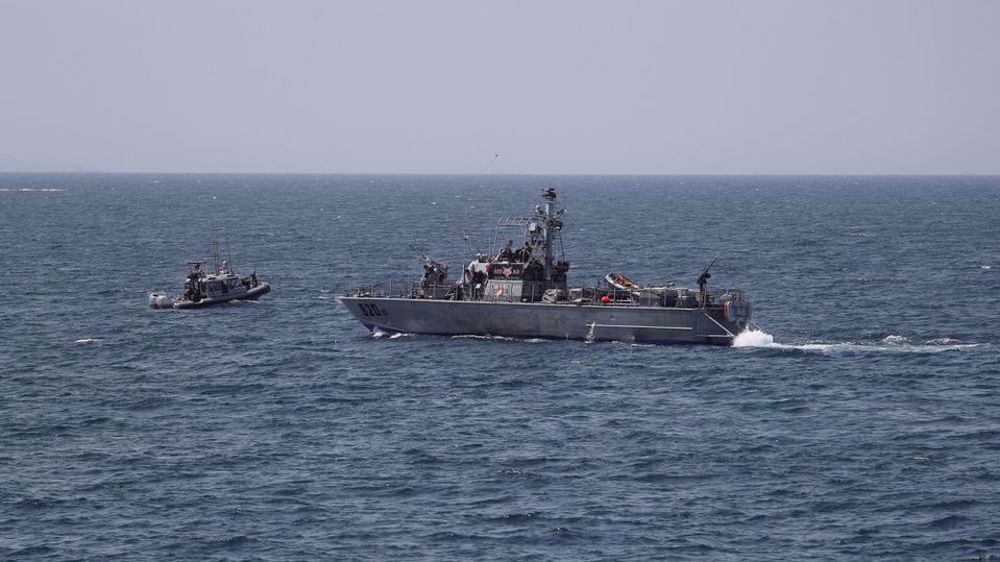
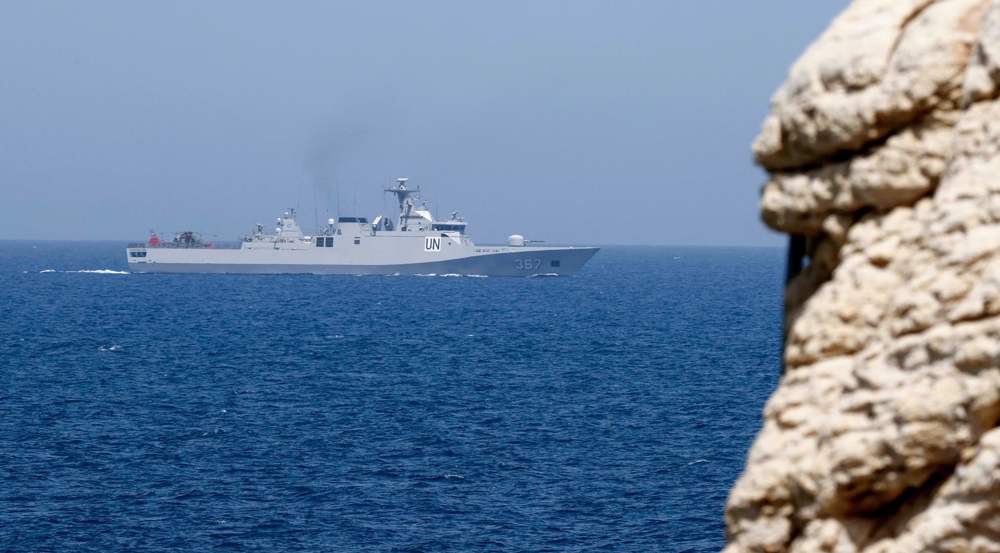
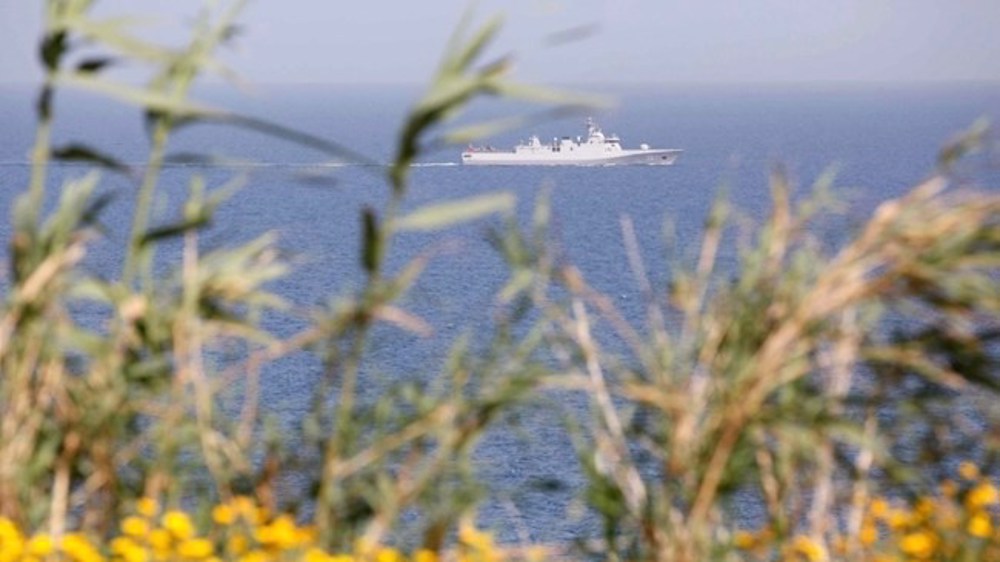
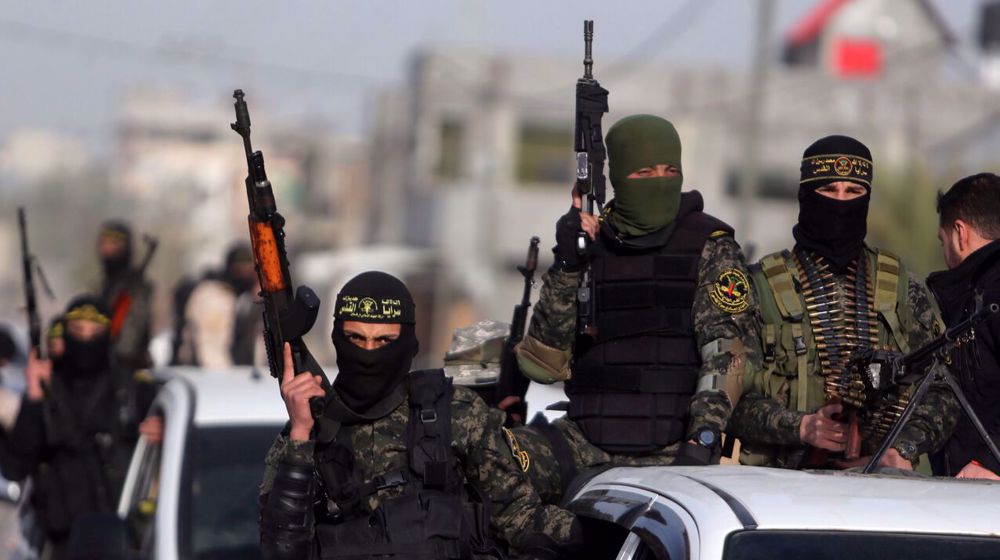
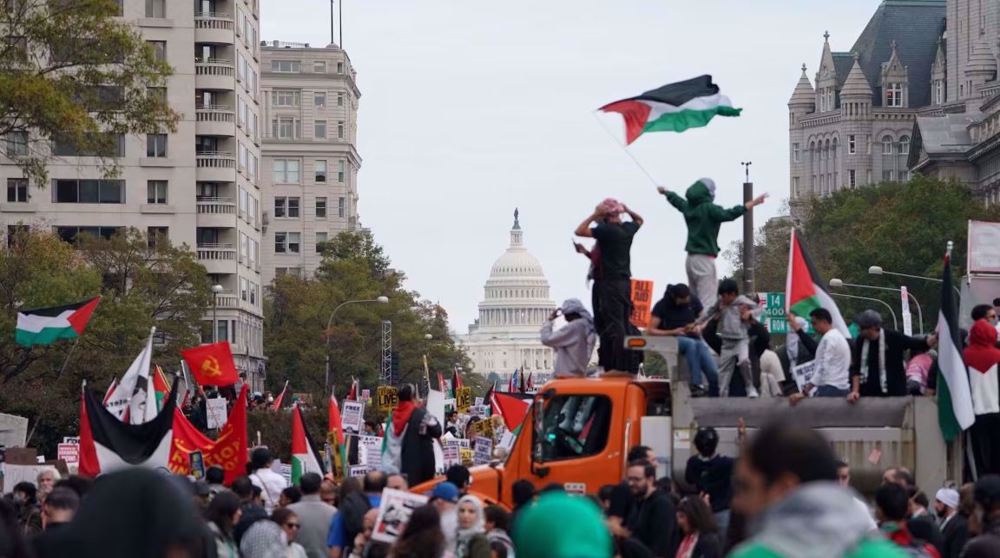




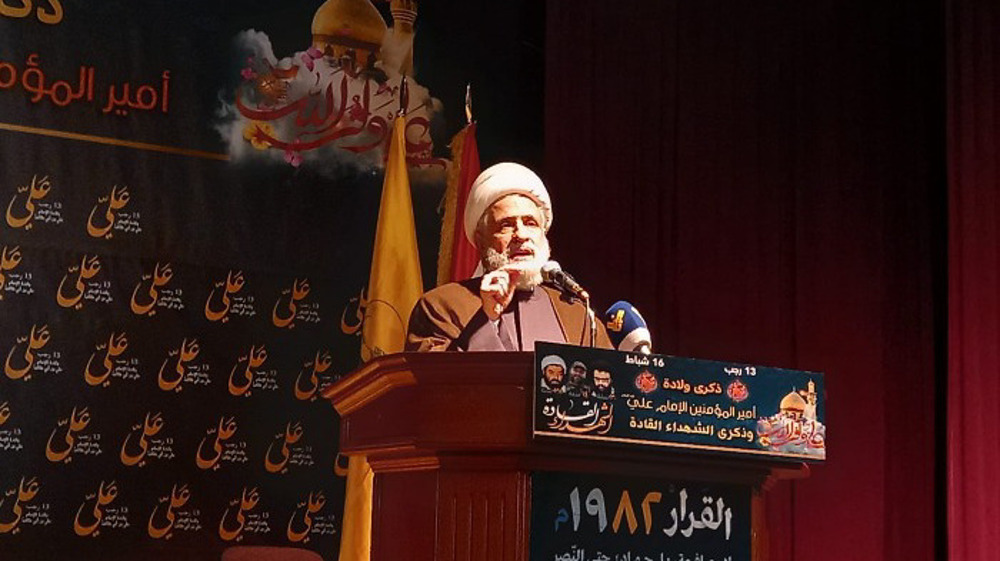
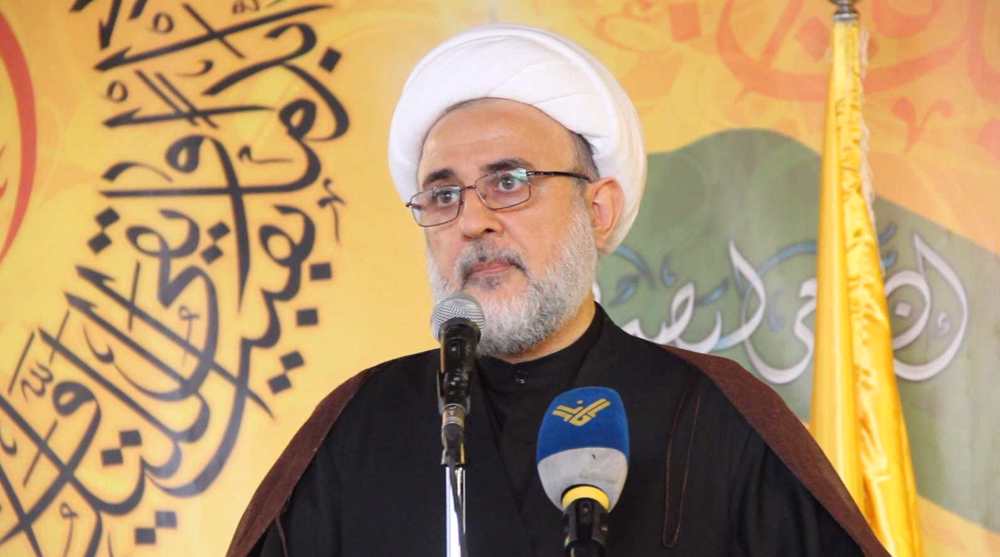
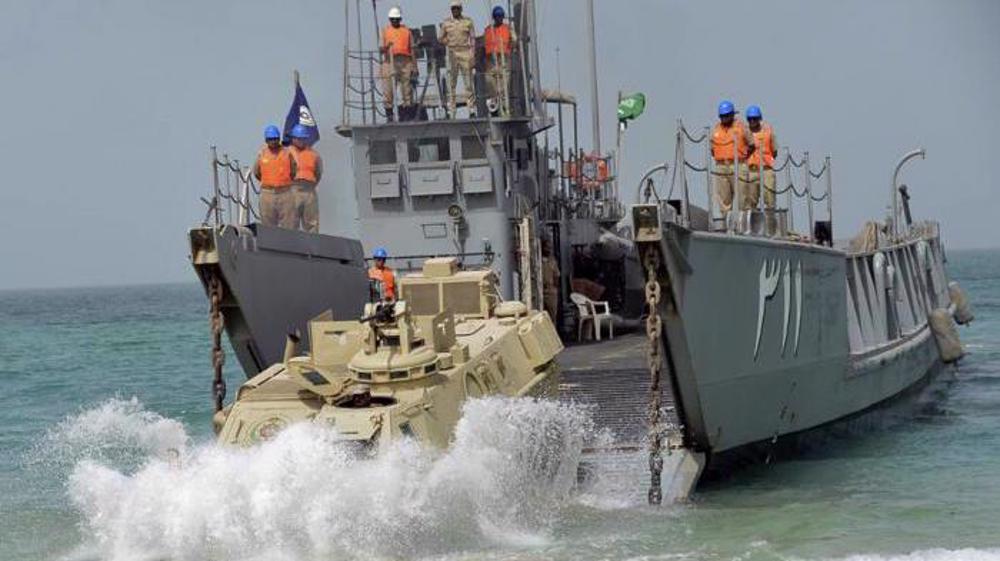
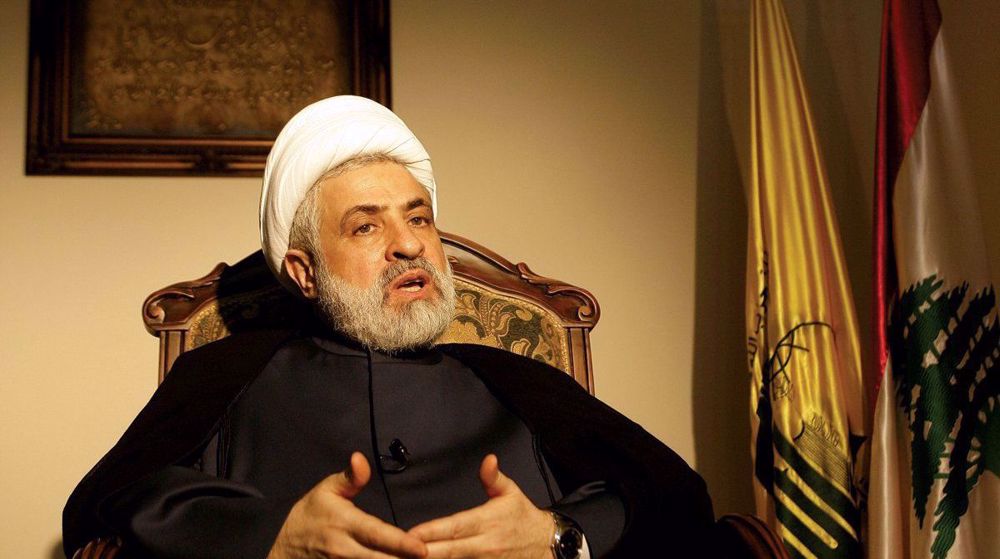
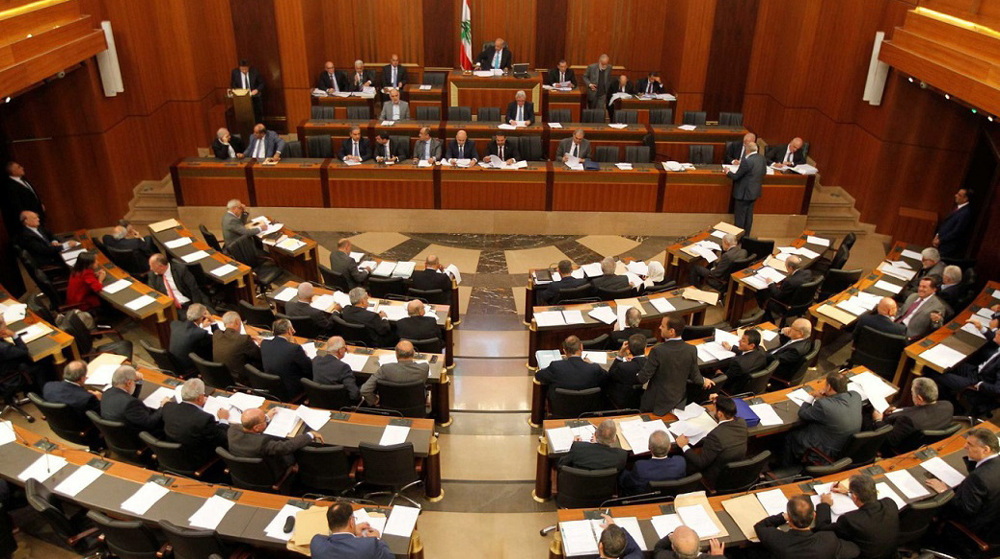
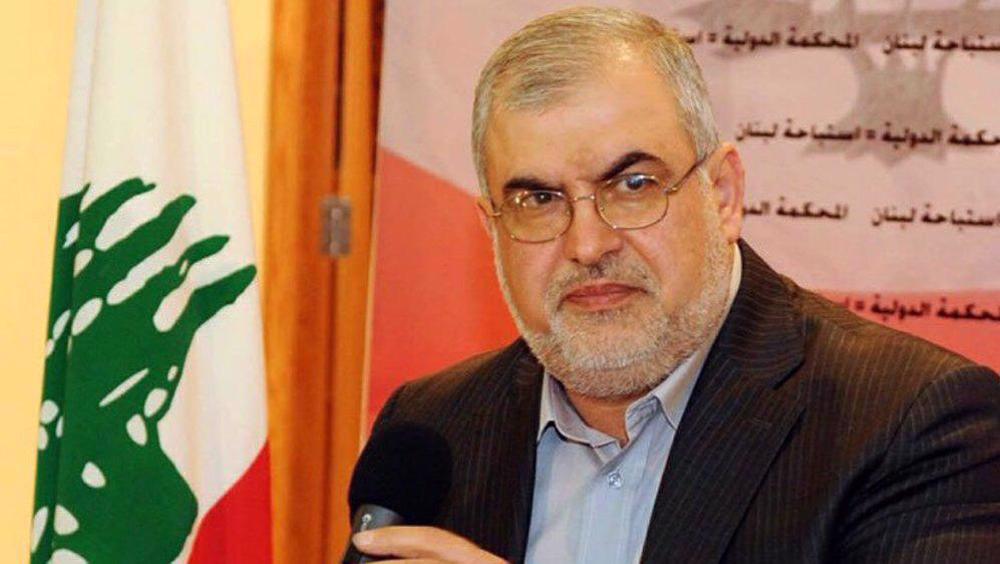
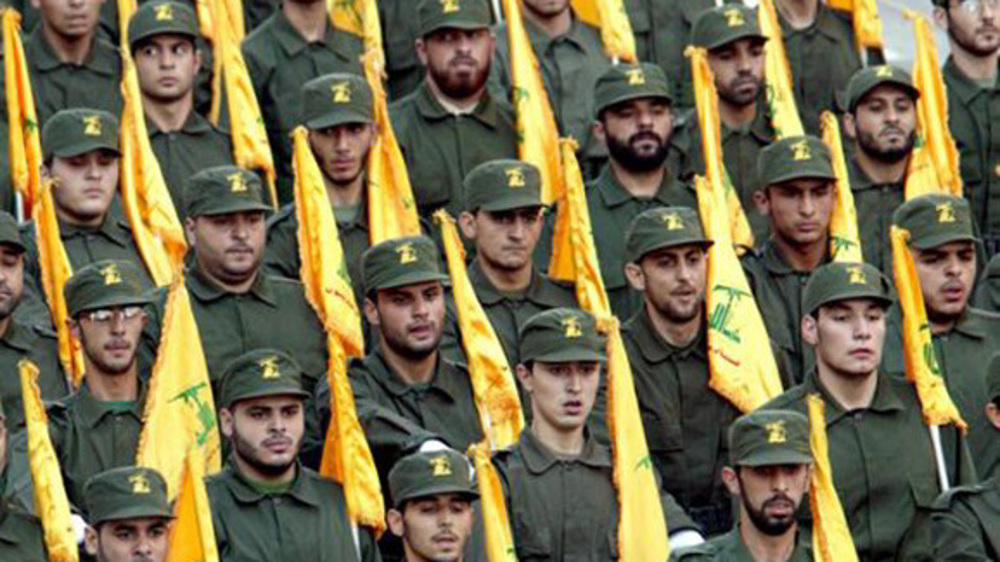
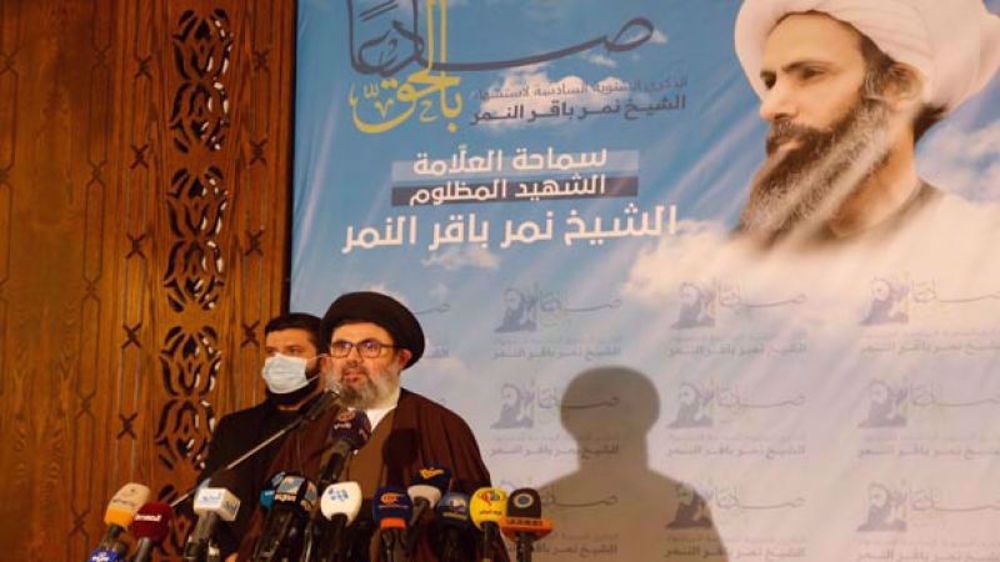

 This makes it easy to access the Press TV website
This makes it easy to access the Press TV website